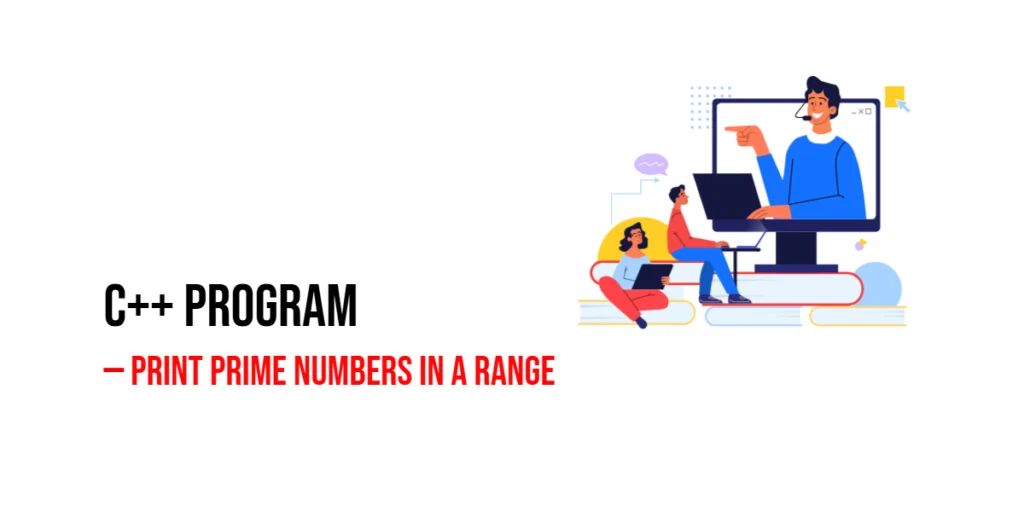C++ Program to Find Product of Digits of a Number
Calculating the product of digits in a number is a simple yet important programming exercise for beginners. It helps understand loops, arithmetic operations, and algorithmic thinking. This task also has practical applications in problems related to digital analysis, number properties, and basic cryptography. In this article, we will explore multiple ways to find the product […]
C++ Program to Find Product of Digits of a Number Read More »









